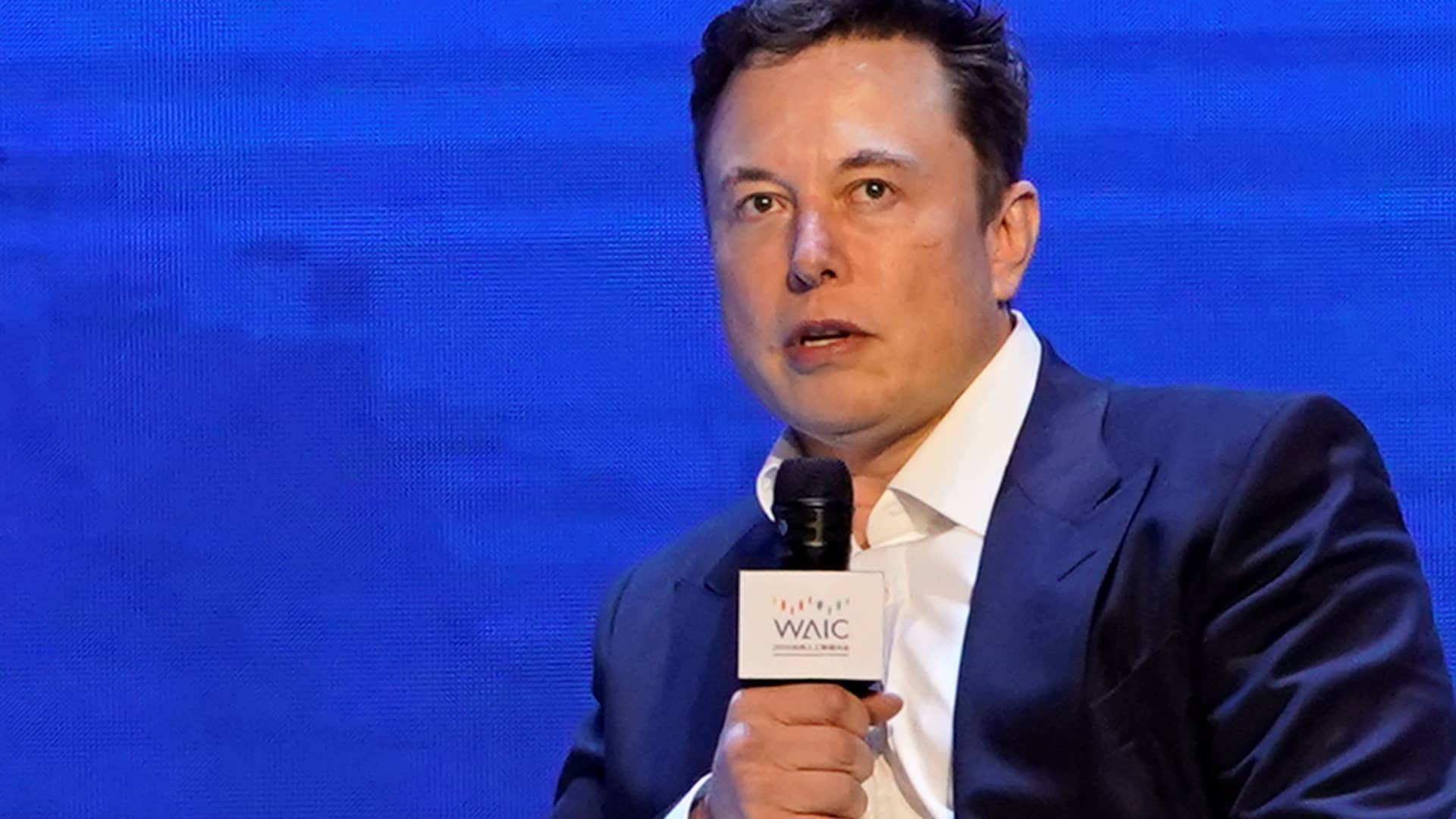Products You May Like
Tesla founder and CEO Elon Musk thinks the global economic decline can last for another year and a half.
In a Twitter exchange early Friday morning Eastern time, the mercurial electric car executive and world’s richest man said a recession could continue “until spring of ’24.”
The remarks came in response to a tweet from Shibetoshi Nakamoto, the online name for Dogecoin co-creator Billy Markus, who noted that current coronavirus numbers “are actually pretty low. i [sic] guess all we have to worry about now is the impending global recession and nuclear apocalypse.”
“It sure would be nice to have one year without a horrible global event,” Musk replied.
Tesla Owners Silicon Valley, a Twitter account with nearly 600,000 followers, then asked Musk how long he thought the recession would last, to which he replied, “Just guessing, but probably until spring of ’24.”
Global GDP grew 6% in 2021 but is expected to decelerate to 3.2% this year and 2.7% in 2023, according to the International Monetary Fund. That would mark the weakest pace of growth since 2021 outside of the financial crisis in 2008 and the brief plunge in the early days of the Covid pandemic. The Federal Reserve projects GDP in the U.S. to grow just 0.2% this year and 1.2% in 2023.
Musk becomes the latest corporate titan to express reservations about the economy.
In a tweet Wednesday, Amazon founder Jeff Bezos said it’s time to “batten down the hatches” in preparation for rough economic waters ahead. That tweet accompanied a video of Goldman Sachs CEO David Solomon, who said in a CNBC interview that he thinks there’s a “good chance” of a recession in the U.S.
JPMorgan Chase CEO Jamie Dimon also has been warning of economic turmoil ahead.
Musk’s comment also came amid a rough week for Tesla stock as the automaker missed revenue estimates and cautioned about a potential delivery shortfall this year.
During the analyst call, he expressed more confidence in the U.S. economy than other parts of the world. He did note the impact that interest rate increases are having on the economy.
“The U.S. actually is in – North America’s in pretty good health,” he said. “A little bit of that is raising interest rates more than they should, but I think they’ll eventually realize that and bring back down, I think.”
However, he said China is in “quite a burst of a recession of sorts” driven by the real estate market, while Europe “has a recession of sorts, driven by energy.”

